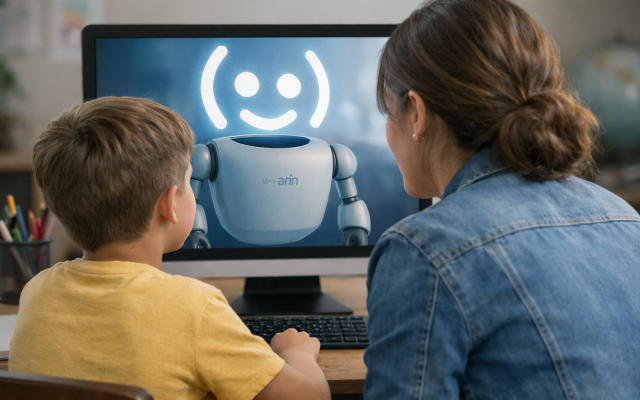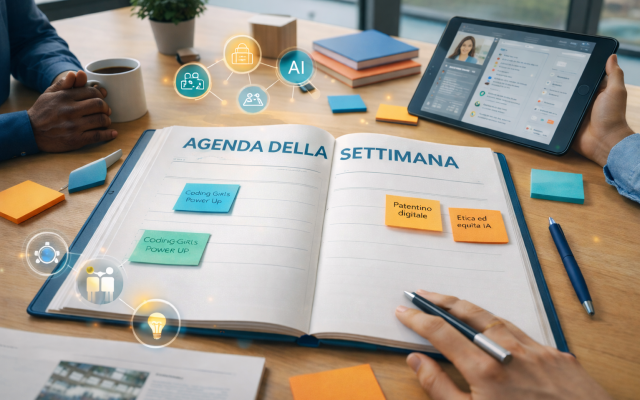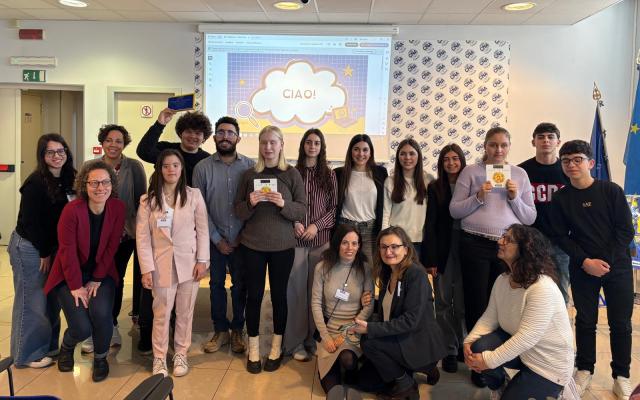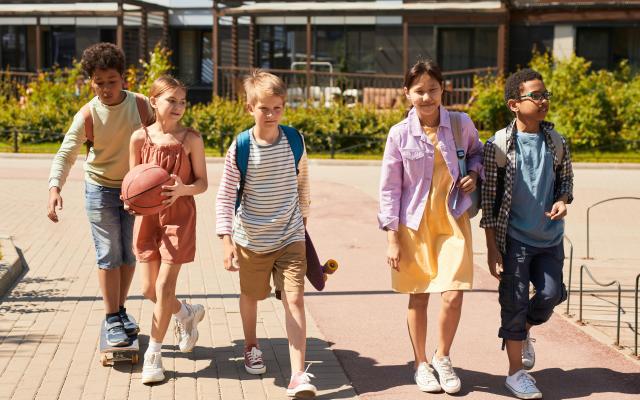Municipio VII: debate for the educational community. Codesign and planning.
Yesterday afternoon, November 19, Rome’s Municipio VII held a meeting organised by the Peer Sharing partnership for the educational community, involving school representatives, associations, youth centres, and families.
The title of the meeting, Educational Community Debate - Co-development and Planning, underlines the importance of networking for youth education. The objective is to contrast educational poverty by strengthening the educational community and promoting synergies and collaboration.
The Peer Sharing Project aims to strengthen the educational community in Municipio VII through various initiatives. As explained by Anita Curatola of ForumSaD, who introduced the meeting, "the objective is to create a network between schools, families, associations, and institutions, to drive personalized and inclusive educational opportunities together."
The participating representatives shared their experiences and visions for the future. Luigi Infantino from Meta Soc. Cooperativa Sociale, Alice from Associazione Genitori 303, Simone Spada from the Four Dance School and Silvia from the Centro Teatro di Cinecittà all underlined the importance of creating spaces for young people to meet and discuss and to enhance their skills and talents.
The President of Municipio VII, Francesco Laddaga, underlined the urgency of meeting the needs of youth and the lack of dedicated space and opportunities. “We have to create a hub for talent where youth can imagine and develop their projects,” he explained.
Councillor Marcello Morlacchi stressed the importance of a close collaboration between school and authorities. “We have to set appointments with organisations that wish to join our educational pacts and define a roadmap,” he affirmed.
In conclusion, the meeting shed light on the importance of actively involving all local organisations in Project Peer Sharing. Everyone’s participation is fundamental to develop a stronger and more agile educational community capable of addressing local needs.
Next steps:
• Promote the experience of open schools with quality proposals, in agreement with the school and with the involvement of parents' associations and the community.
• Promote school activities and active mobility.
• Promote school support for newly arrived foreign minors, with particular attention to the enrolment phase, through orientation services in schools.
• Actively involve foreign parents, who are already integrated as reference figures for new arrivals, providing them with Italian L2 courses to strengthen their skills and promote a more effective inclusion process.
• Develop a network for the mutual exchange of resources between organizations and families, aimed at sharing skills, availability, and promoting intercultural exchanges, as inspired by the Time Bank Model.
Cecilia Stajano, Community Manager, and Domenica Cesena, Digital Civil Service Operator, participated on behalf of the Fondazione Mondo Digitale.




